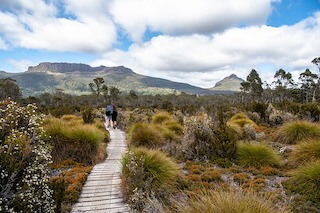A
You can use two nouns together (noun + noun) to mean one thing/person/idea, etc. For example:
a tennis ball
a bank manager
a car accident
income tax
the water temperature
The first nouns is like an adjective. It tells us what kind of thing/person/idea, etc. For example.
-—————————–
a tennis ball = a ball used to play tennis
a car accident = an accident that happens while driving a car
income tax = tax that you pay on your income
the water temperature = the temperature of the water
a Boston doctor = a doctor from Boston
my life story = the story of my life
-—————————–
So you can say”
a television camera
a television program
a television studio
a television producer
(these are all different things or people to do with television)
language problems
marriage problems
health problems
work problems
(these are all different kinds of problems)
Compare:
– garden vegetables (= vegetables that are grown in a garden)
– a vegetable garden (= a garden where vegetables are grown)
Sometimes the first word ends in -ing. Usually these are things used for doing something:
– a frying pan (= a pan for frying) a sleeping bag / a swimming pool / a dining room
Sometimes there are more than two nouns together:
– I waited at the hotel reception desk.
– We watched the World Swimming Championships on television.
– Everyone is talking about the government corruption scandal
B
When two nouns are together like this, sometimes we write them as one word and sometimes as two separate words.
For example:
a headache
toothpaste
a weekend
pea soup
a road sign
There are no clear rules for this. If you are not sure, write two words.
C
Note the difference between:
a sugar bowl (perhaps empty) and a bowl of sugar (= a bowl with sugar in it)
a toolbox (the box may be empty) and a box of tools (= a box full of tools)
D
When we use noun + noun, the first noun is like an adjective. It is normally singular, but the meaning is often plural.
For example:
a bookstore is a store where you cna by books, and an apple tree is a tree that has apples.
In the same way we say:
a three-hour trip (= a trip that takes three hours)
two 14-year-old girls (not years)
a 10-dollar bill (not dollars)
a six-page latter (not pages)
a four-week course (not weeks)
a two-story house (not stories)
Compare:
– It was a three-hour trip. but The trip took three hours.



コメント